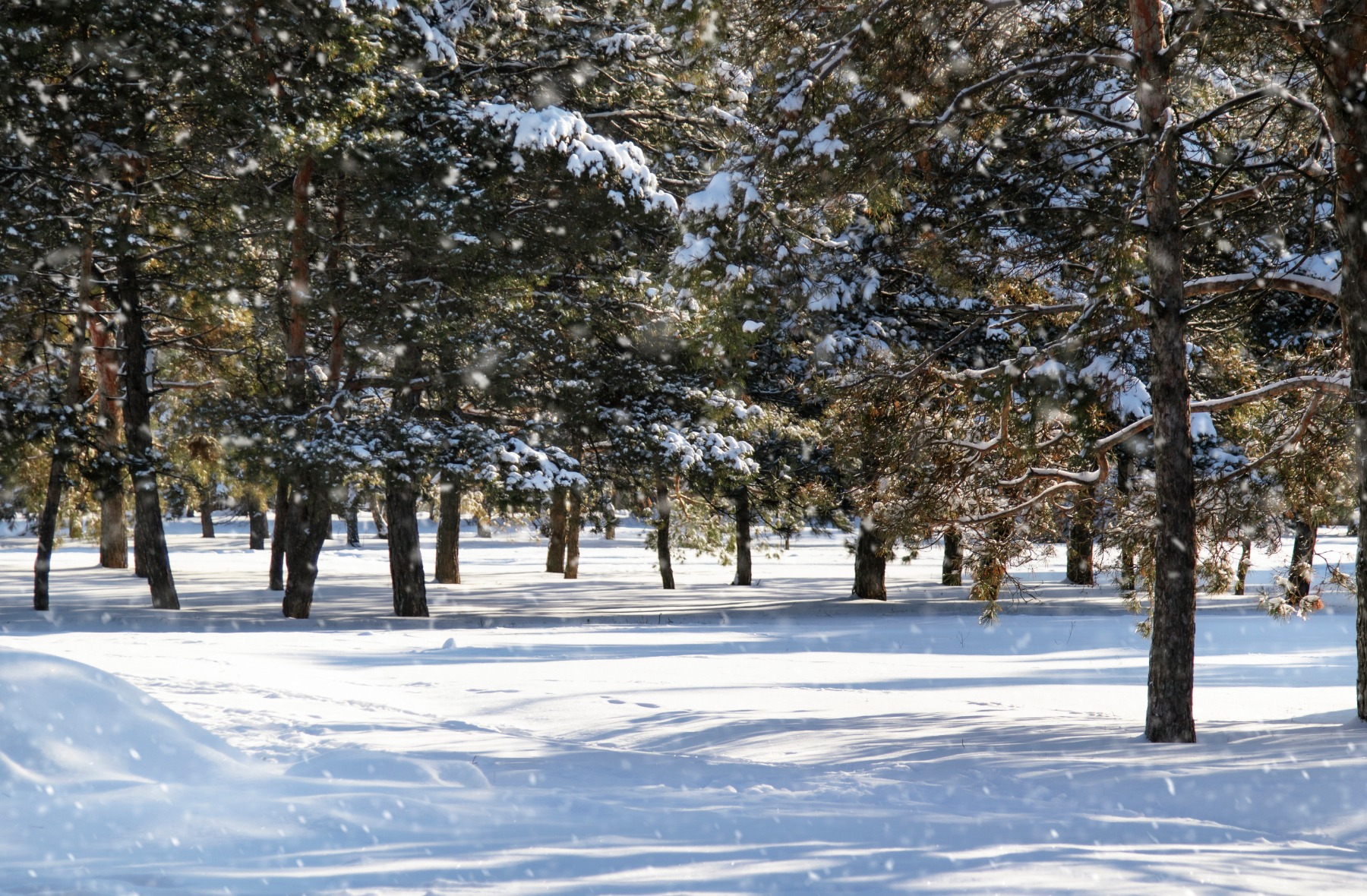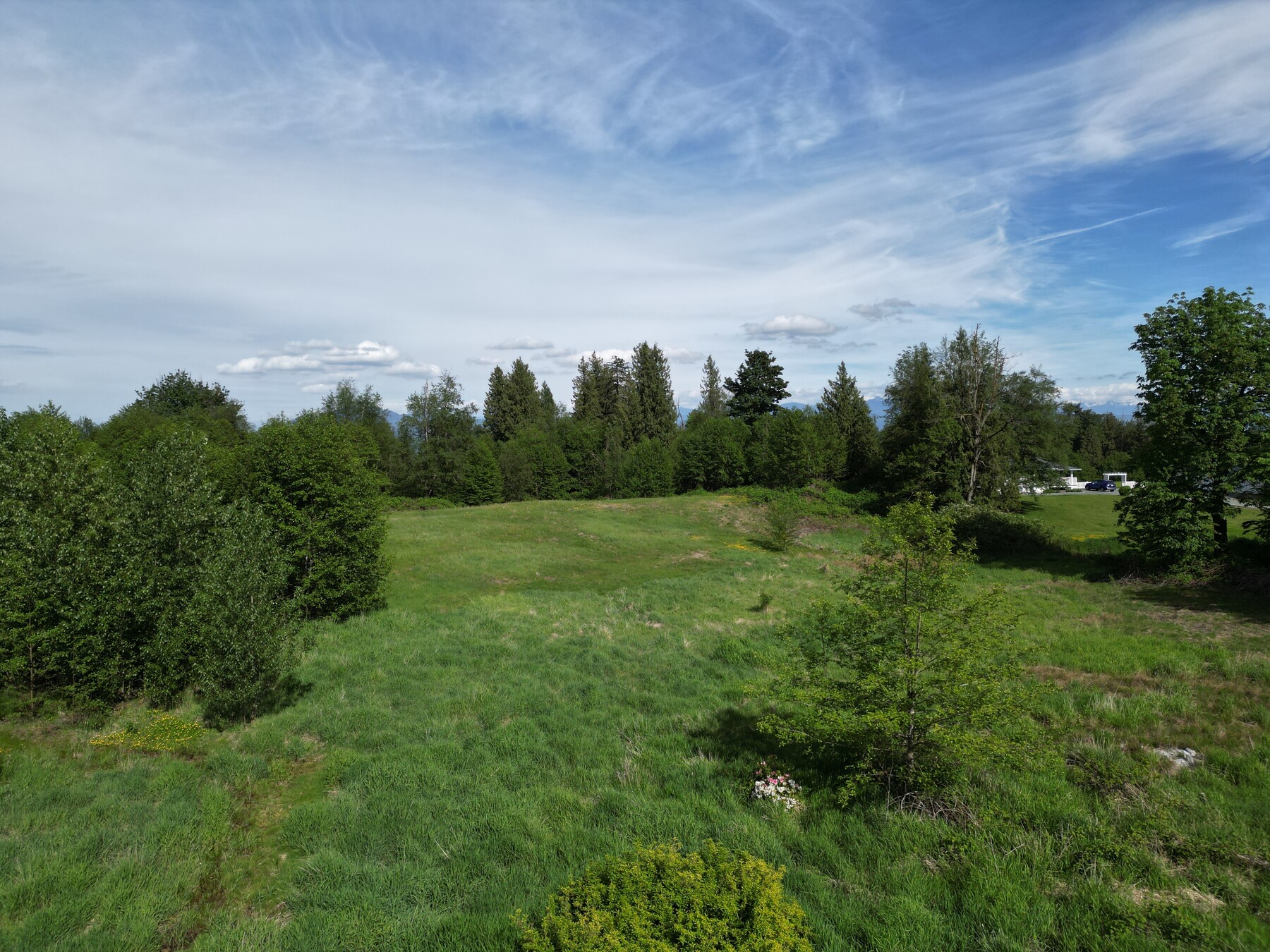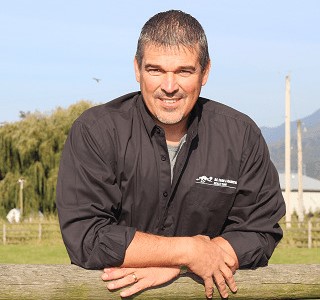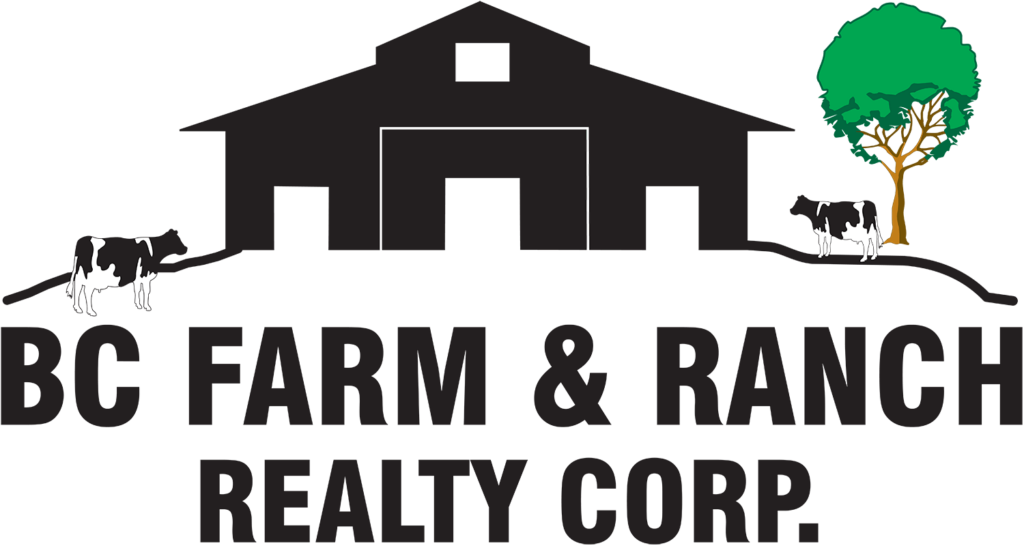Navigating acreage real estate and properties can be very tricky, knowing what land is best, the best time of year to look, and the best area, is just a few of the many factors that goes into buying acreage real estate. Hopefully this blog post helps you in your acreage hunt because we put together our top 7 things to know before buying acreage in BC.
1. Zoning and Land Use Regulations
One of the first things you’ll need to investigate before buying acreage in BC is the property’s zoning. Zoning determines how the land can be used and can impact your plans for the property. For instance, certain areas may be zoned for agricultural use, while others may have restrictions on building or commercial activities. If you’re planning to farm, build a second home, or start a business, you’ll need to ensure the land is zoned appropriately. Make sure to check with local municipal or regional authorities for detailed zoning information and any potential restrictions.
2. Access to Utilities
Many acreage properties in BC, especially those in rural areas, may not be connected to municipal utilities such as water, sewage, or electricity. Before purchasing, it’s essential to understand how these utilities will be supplied to your property. Does the land have a well for water? Is it off the grid for electricity, or can you connect to the local power grid? If the property doesn’t have these utilities, you’ll need to factor in the cost of installation, such as drilling a new well, setting up a septic system, or investing in solar panels or a generator for power.
3. Property Access and Roads
Access to your acreage is a crucial consideration, especially if the property is in a remote or rural location. Check if the property has legal access to roads and whether those roads are maintained year-round. Some properties might only have seasonal access, which can impact your ability to reach the property during certain times of the year, particularly in BC’s winter months. Ensure the roads leading to your property are in good condition and confirm any maintenance responsibilities, especially if the access roads are private.
4. Topography and Soil Quality
The physical characteristics of the land will play a significant role in how you can use it. For example, if you plan on farming or gardening, you’ll need to assess the soil quality. Not all acreage will have fertile soil suitable for growing crops or raising animals. Conducting a soil test will help you determine its fertility and if it requires any amendments. Additionally, the topography (such as the slope and drainage of the land) is important to understand for building and farming purposes. Flat, well-drained land is ideal for construction and agriculture, while sloped or marshy land may present challenges.
5. Wildlife and Environmental Factors
BC is known for its abundant wildlife, and when you buy acreage, you are likely to encounter various animals. While wildlife can add charm and beauty to the land, it may also cause problems, such as crop damage or threats to pets and livestock. Bears, deer, and other animals can be a concern, especially in certain regions. In addition to wildlife, be sure to consider other environmental factors like fire risks, flooding, and the potential for natural disasters. BC has areas with high wildfire risks, particularly in the summer months, so fire mitigation strategies will be important to implement on your property.
6. Climate and Seasonal Considerations
BC’s climate can vary widely depending on the region, and it’s essential to understand the specific climate conditions of the area where you are buying acreage. Coastal areas tend to have milder winters, while interior regions can experience colder temperatures and more snow. Make sure to assess the seasonal changes and how they may affect the land’s use. For example, snow removal may be necessary in the winter months, and the growing season for crops may vary depending on the region’s temperature and precipitation levels. Understanding the local climate will help you plan for year-round maintenance and the best ways to utilize your land.
7. Long-Term Maintenance and Costs
Owning acreage in BC requires ongoing maintenance and care, which can be time-consuming and costly. This includes landscaping, fence repairs, managing overgrowth, maintaining outbuildings, and addressing any issues with the land like erosion or drainage. If you plan on farming or gardening, maintaining healthy soil, irrigation systems, and crop rotation will also be part of your routine. Moreover, rural properties can incur additional costs, such as higher insurance rates or the need for specialized equipment like tractors or snow plows. It’s important to budget for these ongoing expenses to ensure you can properly care for your land and property.
Conclusion
By learning the zoning and land use regulations, considering long term maintenance and overall cost of upkeep and taking into account the quality of the soil on the land itself, you will be properly prepared to find the perfect acreage property in BC.
If you have more questions on how to find the best acreage properties in BC, contact me, Greg Walton, one of BC’s top acreage realtors for more information.


